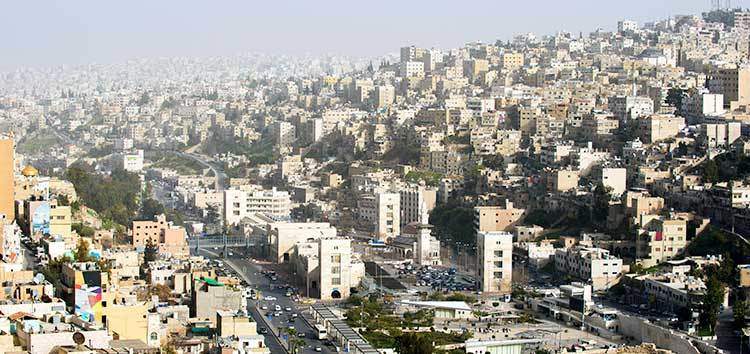The EBRD and the European Union (EU) have partnered to support the Ministry of Water and Irrigation (MWI) for the expansion of the As Samra wastewater treatment plant in Jordan.

Image: EBRD, EU to finance wastewater treatment plant in Jordan. Photo: Courtesy of European Bank for Reconstruction and Development.
The EU is offering a €30m grant to co-finance the EBRD’s investment, which is due to be signed next year, for the As Samra wastewater treatment plant in the country.
The wastewater treatment plant is aimed at protecting the environment and ensuring the efficient use of water.
The As Samra wastewater treatment plant serves the population of Amman and Zarqa governorates, which a population of more than four million people.
The ongoing high population growth in the country emphasizes the plant to be operating soon at maximum capacity. The current wastewater treatment capacity of 365,000m3 per day is anticipated to increase by 100,000m3 per day.
The plant treats wastewater released from the Zarqa River basin which drains most of its polluted water into the King Talal Dam. The dam supplies irrigation water for the Jordan Valley, whose polluted water causes major environmental and health concerns.
The treatment plant’s new expansion will increases the amount of treated wastewater on hand for reuse, particularly for irrigation. The project is also expected to increase the on-site energy production from the treated sludge and biosolids as well as electricity generation from water flows.
In countries like Jordan where energy resources are inadequate, the project is expected to bring significant environmental and economic benefits.
EBRD said: “The EBRD project is designed to support the objectives of the Jordanian government and MWI to address the need for increased capacity in municipal services due to the Syrian refugee crisis as well as to expand and improve water sanitation services to increase local communities’ resilience.”
Since 2012, when Jordan became an EBRD shareholder, the bank has committed more than €1bn for 40 projects in various sectors of the economy.
